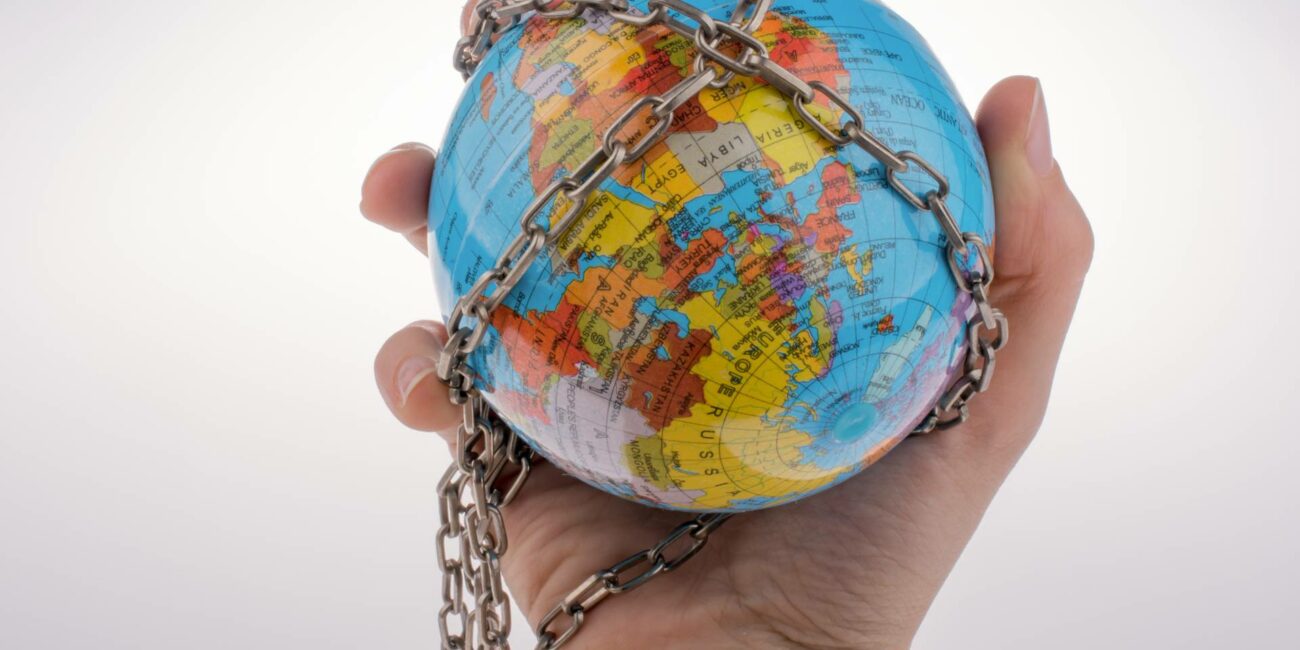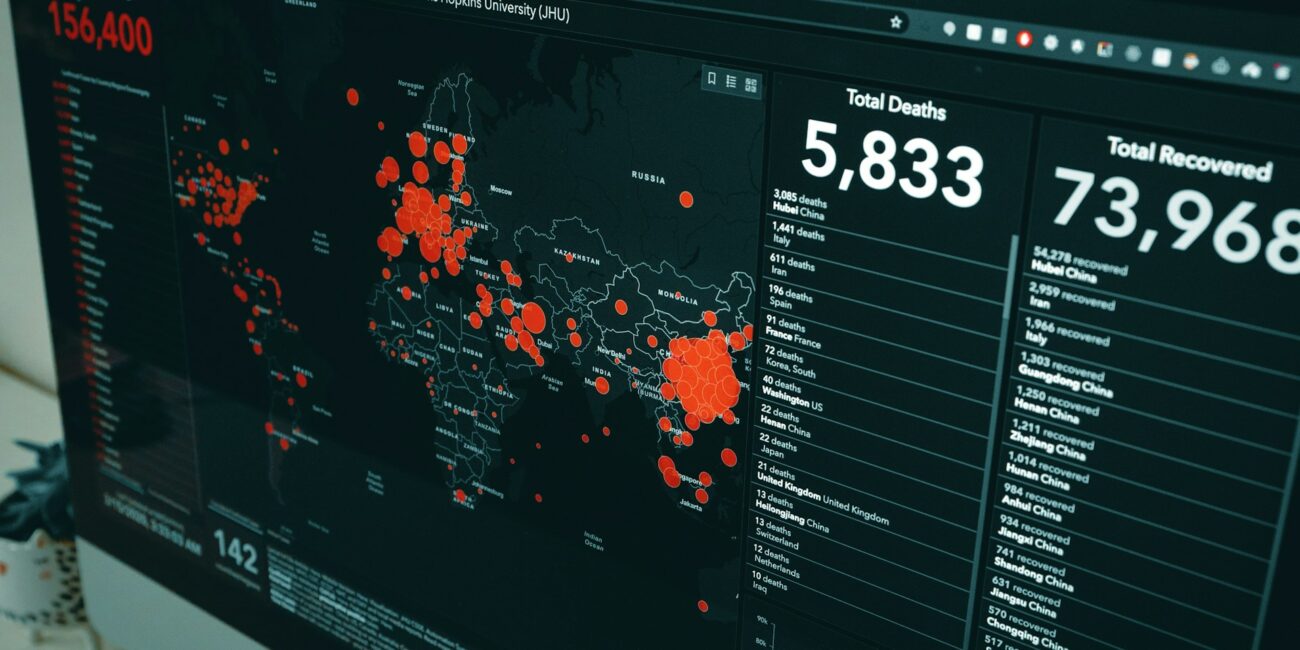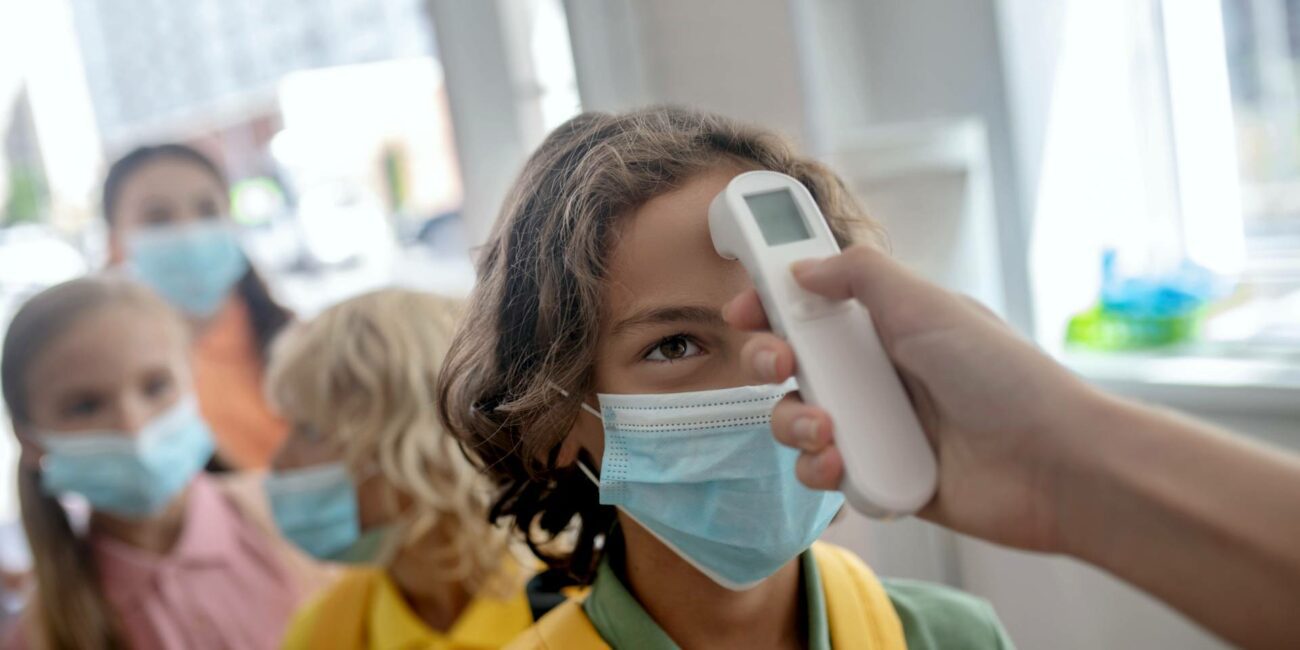PANDA’s Protocol for Reopening Society is a ‘blueprint’ for governments to move forward from the paralysing cycle of lockdowns. Concerned with the ongoing damage of the response to COVID-19, PANDA applies the principles of ‘focused protection’ to safeguard the most vulnerable, as articulated by the Great Barrington Declaration. PANDA’s aim is to offer an evidence-based pathway for policy makers and citizens by returning to long-established public health principles that uphold fundamental human rights.
When faced with the outbreak of SARS-CoV-2 (the virus behind COVID-19, the disease) in early 2020, governments and the World Health Organization (WHO) abandoned existing pandemic guidelines, in favour of enforced lockdowns, mask mandates, mass-testing, digital surveillance and quarantine. People’s daily lives were restricted in a manner never seen before in democratic societies. Governments and the media have also fuelled a climate of fear and mistrust; science has been politicised, suppressed and corrupted, resulting in erroneous policy decisions. Many unanswered questions remain about the influence of undisclosed conflicts of interests.
The collateral damage from lockdowns is clear; they are inflicting significant harm upon humanity, and devastating health and wellbeing across the globe. Vulnerable and disadvantaged communities are paying the highest price, particularly in low-income countries. Evidence suggests lockdowns have not reduced mortality from COVID-19, and they provide little benefit over less restrictive measures. In addition, lockdowns may ultimately result in a longer and more lethal pandemic by increasing the risk to vulnerable populations through policies that reduce transmission in the young and healthy.
Lockdown policies deem participation in many aspects of civil society a non-essential activity – including family, religious and community life. Elderly residents in care homes have been transformed into prisoners and denied the comforting presence of their loved ones, in the name of ‘protecting’ them. A generation of children have been harmed by lengthy school closures and unnecessary disruption to their lives.
Widespread mask mandates have been implemented, despite strong evidence that masks offer little protection from infection in a community setting. The WHO changed its advice on face masks in June 2020, refuting its own pandemic guidelines. The risks of this intervention are also unknown, yet public health officials and the WHO continue to recommend it.
Contact tracing and testing have been promoted by the WHO – once again, contrary to its own guidelines – clearly a fool’s errand now that SARS-CoV-2 is globally widespread. Evidence has emerged of flaws with the polymerase chain reaction (PCR) test, and it is being used in a manner inconsistent with its intended purpose. COVID-19 ‘cases’ are being diagnosed based on the result of a PCR test alone, in the absence of signs and symptoms of disease, counter to usual medical practice. There is widespread testing of asymptomatic people, even though literature suggests asymptomatic transmission is not a major driver of disease burden. A positive PCR test result alone does not predict an individual’s infectiousness.
These measures have wasted enormous health resources, yet they have become accepted policy in many countries. Moreover, contact tracing is also frequently combined with mandatory quarantine, adding to the ethical concerns surrounding these interventions.
It was clear from March 2020 that COVID-19 had a steep age gradient in mortality, with an increased risk of death and serious illness in elderly people with comorbidities. By far, most deaths worldwide have occurred in this group. The global infection fatality rate (IFR) for COVID-19 is now estimated to be 0.15%. For people under 70, the IFR is 0.05% and is likely lower in people without serious comorbidities. Therefore, comparisons to the IFR for influenza are probably correct. What is particularly important is that COVID-19 poses less risk to children than influenza, and children are not major drivers of disease.
For most people, the risk of death from COVID-19 is very low. Elderly people and people with major underlying health issues are those who should be offered protection. People not at risk from COVID-19 can continue life as normal. This enables communities to acquire herd immunity, whilst minimising the exposure of those who are vulnerable. As with all public health measures, focused protection should be voluntary and based on the informed consent of the individual.
In times of crisis, governments and health authorities must provide reassurance and leadership, give accurate information, and ensure society – including health systems – can function as normally as possible. Governments should empower citizens with information and resources to take action to maintain their own wellbeing, as well as that of their families and communities. History shows this is the best way to ensure any public health response is lawful, effective, proportionate, and ethically justifiable.
This is the heart of PANDA’s Protocol for Reopening Society.
We must end the coercive approaches to public health that are damaging human society. PANDA’s protocol provides a compassionate and evidence-based way forward for governments, policy makers and citizens. Share it widely and share it now – together we can protect the vulnerable, repair our communities, and ensure the disaster of lockdowns is never repeated.
A former radiographer, Emma moved from the UK to South Australia in 2007. Following a career break to raise her family, Emma completed a Master of Social Work. She has worked in the fields of homelessness, mental health and counselling for survivors of childhood sexual abuse.




